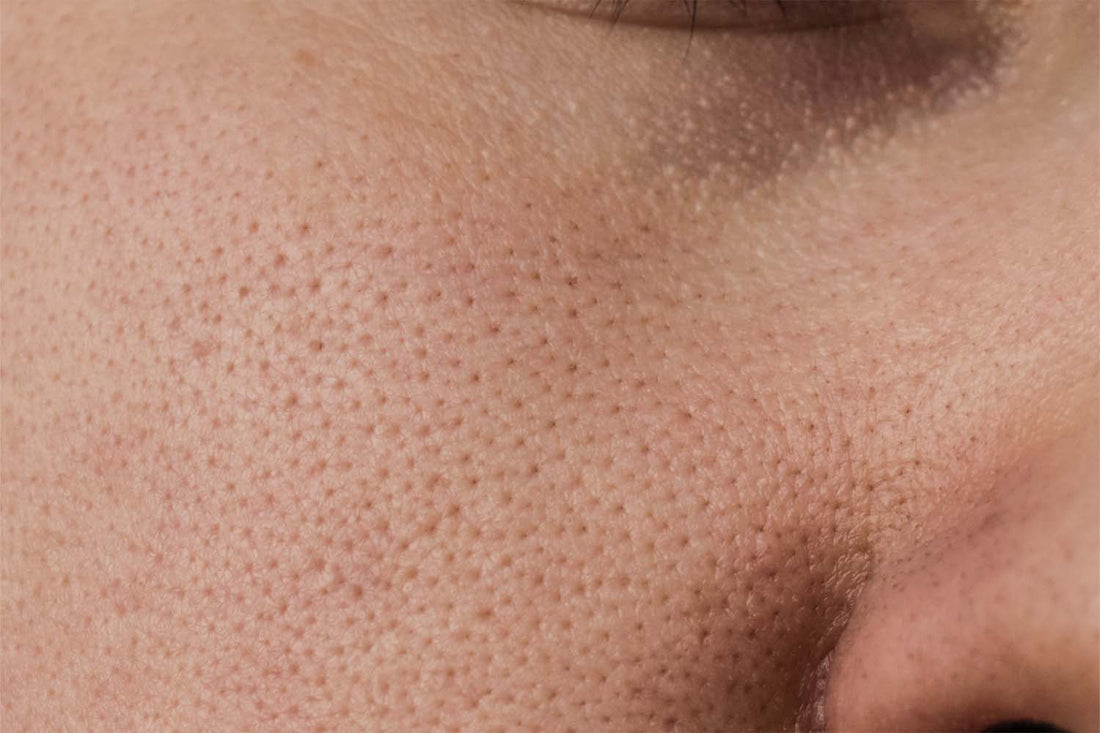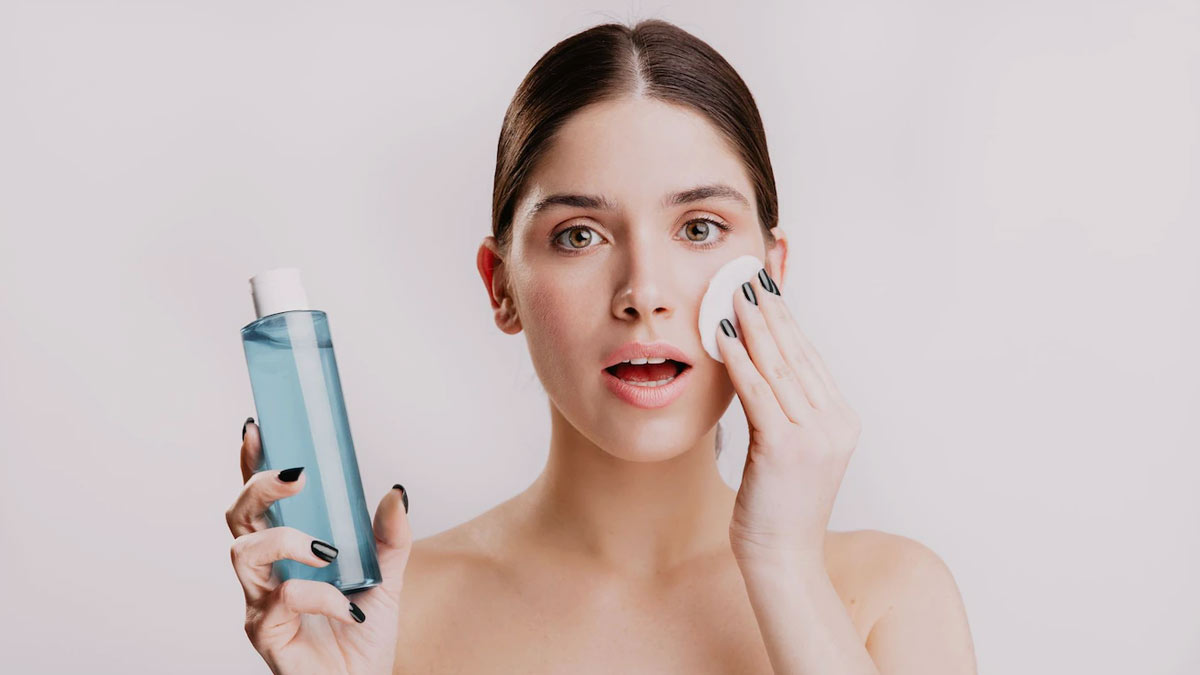🚨🚨The Real Consequences of Sleeping With…
Sleeping with makeup might seem like a harmless habit after a long day or night out. Many people have done it at some point—whether due to exhaustion or simply forgetting. However, this seemingly minor oversight can lead to significant consequences for both your skin and eye health.
Dermatologists and ophthalmologists alike warn against going to bed without removing your makeup. This article explores the risks associated with sleeping in your makeup, including clogged pores, acne, skin irritation, and, more seriously, the potential for lasting damage to your eyes.
Why You Should Never Sleep With Makeup On
1. Clogged Pores and Breakouts
Foundation, concealer, blush, and powders are designed to stay on your skin for extended periods, but not indefinitely. When left on overnight, these products can clog your pores. Throughout the day, makeup can accumulate dirt, sweat, and oil from your environment and your skin. Sleeping in it prevents your skin from “resetting” overnight, which increases the risk of developing blackheads, whiteheads, and acne.
According to the American Academy of Dermatology, failing to wash your face before bed is one of the top habits that can lead to breakouts and long-term skin problems. Skin performs essential repair processes while you sleep, and clogged pores disrupt these natural cycles.

2. Premature Aging
Makeup residue, combined with daily exposure to pollution, can create free radicals on the skin’s surface. These unstable molecules damage collagen, a protein that keeps your skin firm and elastic. A buildup of free radicals contributes to premature aging, such as fine lines, wrinkles, and a dull complexion.
A study published in Free Radical Biology and Medicine noted that chronic exposure to environmental pollutants accelerates skin aging through oxidative stress.
3. Eye Infections and Damage to Eyelids
One of the lesser-known yet serious consequences of not removing makeup is its effect on eye health—especially mascara and eyeliner. These products are often waterproof or long-wear, making them difficult to remove with just water. When left on overnight, particles can migrate into the eyes, increasing the risk of:
- Conjunctivitis (pink eye)
- Styes (painful lumps on the eyelid)
- Irritation and redness
- Ingrown lashes
- Allergic reactions

Even more concerning is a documented case involving a 50-year-old woman in Australia, who experienced chronic discomfort in her eyes. When doctors examined her upper eyelids, they discovered multiple hard, black concretions formed from decades of unremoved mascara. These concretions, embedded beneath her eyelids, posed a serious risk of infection and could have caused permanent vision loss if left untreated. Doctors successfully removed them in a 90-minute procedure, but not without leaving scarring on the inside of her eyelids.
4. Dry and Brittle Lashes
Mascara is formulated to coat and stiffen lashes, making them look longer and fuller. However, leaving it on while sleeping can dry out your lashes, causing them to become brittle and prone to breakage. Over time, this may result in thinner eyelashes and even hair loss at the lash line.
Moreover, waterproof mascaras are more likely to cause buildup over time if not properly removed, increasing the chance of lash damage and infections at the roots.
5. Dull and Irritated Skin
Makeup not only clogs pores but also prevents your skin from shedding dead cells overnight. This leads to a buildup of debris that can leave your complexion looking dull and irritated. Makeup particles trapped overnight can also worsen skin conditions like rosacea, eczema, or dermatitis.

What Dermatologists Recommend
Use a Gentle Makeup Remover
Cleansing oils, micellar waters, or gentle wipes are a good first step to breaking down makeup. Dermatologists recommend following up with a water-based cleanser to remove any remaining residue. Double cleansing ensures that both oil-based and water-based impurities are cleared from your skin.
Don’t Forget the Eyes
Eye makeup requires special attention. Use a specific eye makeup remover or micellar water on a cotton pad and gently press it against your lashes for a few seconds before wiping. Avoid aggressive rubbing, which can damage delicate skin and eyelashes.
Keep Makeup Remover by Your Bed
If you tend to forget to remove your makeup, keep wipes or micellar water by your nightstand as a backup option. It’s better to do a partial cleanse than nothing at all.
Incorporate a Skincare Routine
After cleansing, apply a moisturizer suitable for your skin type. Nighttime is when your skin regenerates, so nourishing it with serums or creams can help repair and protect it from environmental damage.

The Psychology Behind Skipping Removal
Some people know the risks but still don’t remove their makeup due to fatigue, forgetfulness, or underestimating the consequences. A 2013 survey by the skincare brand Simple found that nearly 30% of women admitted to not removing makeup at least twice a week. While the occasional lapse might not result in noticeable damage, consistently skipping this step can have long-term effects.
Common Myths About Sleeping in Makeup
“It’s Just One Night, It Won’t Hurt.”
One night might not cause permanent damage, but even a single lapse can trigger acne, irritation, or eye discomfort, especially for those with sensitive skin.
“Natural Makeup Is Safer to Sleep In.”
Even organic or “clean” makeup can clog pores and irritate the eyes if not removed. All makeup—regardless of ingredients—needs to be cleansed before sleep.
“I Use Setting Spray So It’s Still Clean.”
Setting spray might keep your makeup in place, but it doesn’t make it any less harmful overnight. Makeup combined with pollution, oil, and bacteria is still a hazard to skin and eye health.

Conclusion: Be Intentional with Nighttime Habits
The takeaway is clear: always remove your makeup before bed. It’s a simple, quick habit that can save your skin and eyes from long-term damage. With so many gentle and effective products available today, there’s no excuse to neglect this essential part of self-care.
Taking two to five minutes at night to remove makeup can prevent:
- Acne breakouts
- Eye infections
- Premature aging
- Scarring and lash loss
Be intentional about your skincare habits, and your future self will thank y
